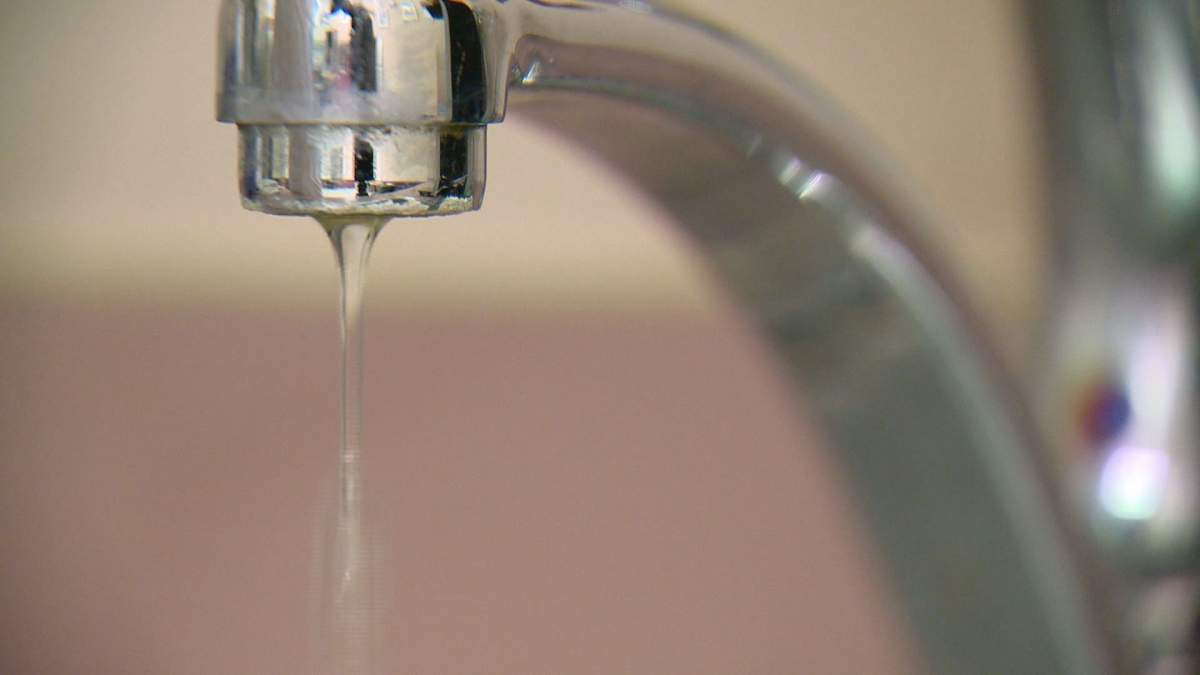Nova Scotians with private wells are encouraged to test their drinking water regularly and treat it when needed to protect themselves from consuming too much manganese.

Manganese is a mineral that is beneficial in the growth of healthy bone and tissue, but too much of it can cause damage.
“Current evidence indicates that consumption of manganese in drinking water above the guideline over a prolonged period of time can adversely affect brain development in children, and memory, attention and movement in adults,” said Dr. Robert Strang, chief medical officer of health, in a press release.
READ MORE: Clean drinking water comes to Craik, Sask. after nearly a decade

Get weekly health news
The new guideline set by Health Canada for the first time states that the acceptable level is 0.120 milligrams per litre.
“The best way to protect yourself and your family from exposure to bacteria and chemicals is to test your well water regularly and treat it when needed,” said Strang.
More than 40 per cent of Nova Scotia households get their drinking water from private wells. Well water should be tested twice a year for bacteria and every two years for chemical contaminants.
WATCH: Study of Lake Banook, Lake MicMac finds sewage, human waste leaking into watershed

The Government of Nova Scotia says on their website that water that seems clear and clean may have dangerous bacteria or harmful chemicals in it. The only way to be sure the water is safe is by testing at a laboratory.
Changes to the colour or smell of the water might indicate a problem that should be investigated.
Municipal and registered public drinking water supplies are required by law to follow the national guidelines.







Comments
Want to discuss? Please read our Commenting Policy first.